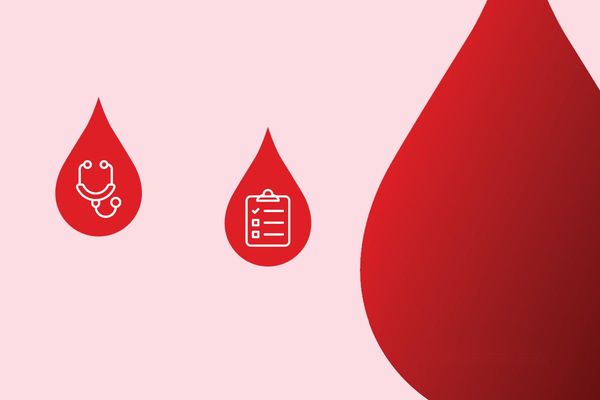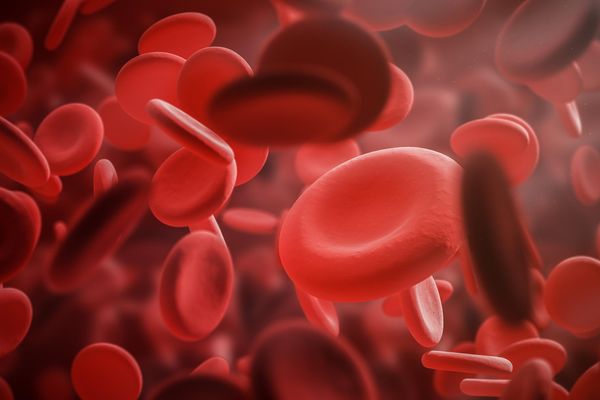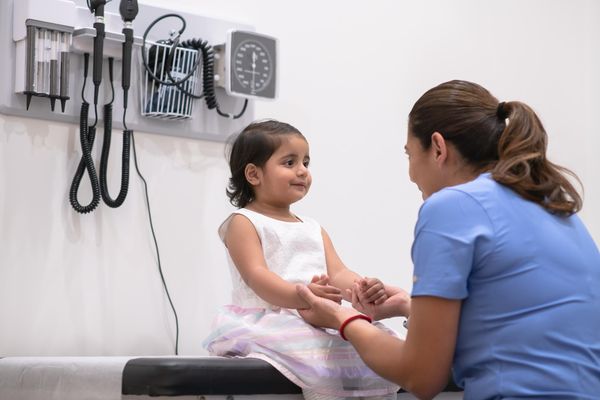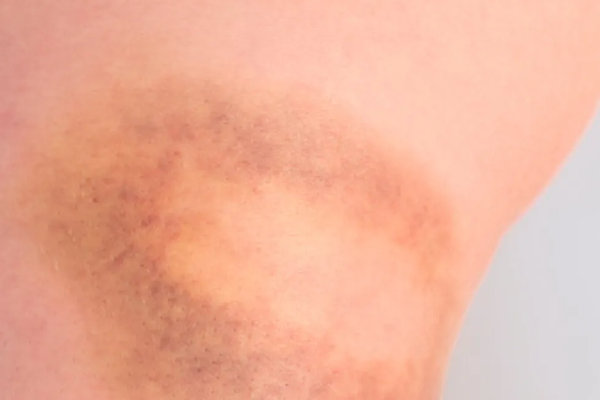Q:
Is it safe for me to have a baby if I have von Willebrand disease (VWD)?
A:
Pregnancy can be a challenge for women who have von Willebrand disease, because the condition increases the risk of life-threatening bleeding after childbirth. But, with a few precautions, most women who have VWD can have successful pregnancies. It is essential to talk with a hematologist and an obstetrician who specializes in high-risk pregnancies before you become pregnant or as soon as you become aware of the pregnancy.
As you probably know, when you have von Willebrand disease, your blood refuses to clot properly. Blood contains numerous proteins that help the body stop bleeding following a medical procedure or when you have an injury; one of these proteins is named von Willebrand factor (VWF). With VWD, you have low levels of VWF or VWF that doesn't work properly. You may also have low levels of another blood-clotting protein called factor VIII. As a result, blood clots might take longer to form and bleeding may take longer to stop.
There are three types of von Willebrand disease: types 1, 2 and 3. Patients with type 1 have very mild bleeding symptoms while those with type 2 or type 3 may have more problems with bleeding. Both von Willebrand factor and factor VIII tend to increase during the third trimester of pregnancy, but women with VWD can still have bleeding problems during delivery and for an extended time afterward as the von Willebrand factor levels come back to your "normal" levels in the 14 to 21 days after delivery. Talk to your hematologist about how to appropriately manage and treat your condition after childbirth. Speak with a genetic counselor regarding the inheritance of von Willebrand disease before you become pregnant.
In addition to talking to specialists before you get pregnant, here are some safety steps to take during pregnancy:
- For prenatal care and delivery, consider using a medical center that specializes in high-risk obstetrics and has a hematologist on staff. A hematologist is a doctor who specializes in treating blood disorders.
- Discuss with your doctor whether you need to take steps to prevent serious blood loss before any invasive procedure, such as amniocentesis.
- During your third trimester, get blood tests to measure von Willebrand factor and factor VIII again to help plan for delivery.
- Meet with an anesthesiologist before delivery to review your choices for anesthesia and to discuss taking medicine to reduce your bleeding risk.
- Meet with a pediatric hematologist regarding the evaluation of the baby after delivery. If you have a boy and plan to circumcise him, consider waiting until he has been tested and it is deemed safe to perform the procedure.
This resource was developed with the support of CSL Behring.
- People Diagnosed With Bleeding Disorders Must Balance Priorities ... ›
- 5 Signs and Symptoms of von Willebrand Disease - HealthyWomen ›
- Understanding von Willebrand Disease: Do You Know the Signs ... ›
- 5 Tips for Living Well With von Willebrand Disease - HealthyWomen ›
- Making Sure von Willebrand Disease Doesn't Hinder Me as a Mom ... ›
- Living Well with von Willebrand Disease - HealthyWomen ›







